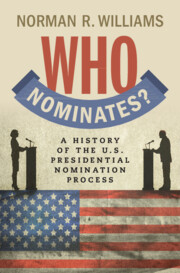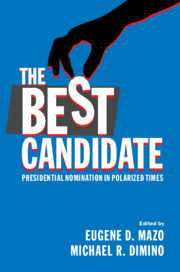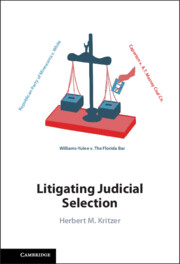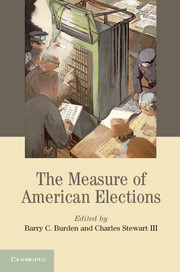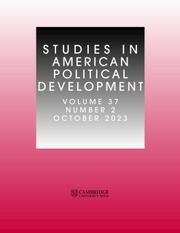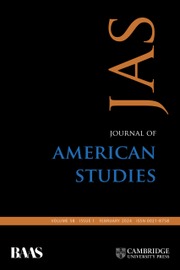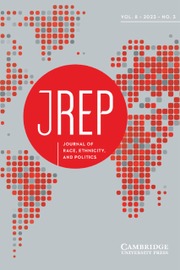Who Nominates?
Who Nominates? is an accessible and non-partisan examination of the presidential nomination process, untangling the byzantine web of legal rules that govern modern nomination procedures in both major political parties. Beginning with the Constitutional Convention of 1787, noted constitutional law scholar Norman R. Williams traces the evolution of party rules and state laws regarding which individuals are entrusted with the power to choose the parties' presidential nominees. Only in the 1970s were ordinary voters fully included in the process, and even today, the rules governing nominations exclude or devalue a large number of voters. Williams' analysis provides context for modern debates about the role and influence of party elites, such as the Democrats' “superdelegates,” and examines how the rules governing the process today contribute to the increasingly divisive ideological polarization of presidential contests.
- Examines the entire time period of the US presidential nomination process, from 1787 to today
- Uncovers the undemocratic features of the modern presidential nomination process
- Explores how the legal rules governing the nomination process have contributed to the ideological polarization of American politics
Product details
September 2025Paperback
9781009471596
280 pages
229 × 152 mm
Not yet published - available from September 2025
Table of Contents
- Preface
- Introduction
- 1. The electoral college and early party nominations, 1787–1800
- 2. 'King Caucus,' the state legislative caucus, and the first national party conventions, 1804–1832
- 3. The state convention and party bosses, 1836–1964
- 4. Early primary elections
- 5. The African-American franchise
- 6. 1968
- 7. Party reform, democratization, and the rise of the binding presidential primary
- 8. Democracy deficits: exclusion and malapportionment
- 9. The superdelegates
- Conclusion.

